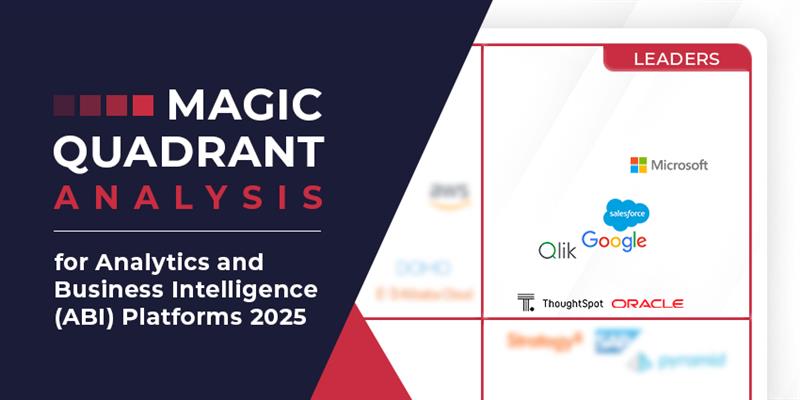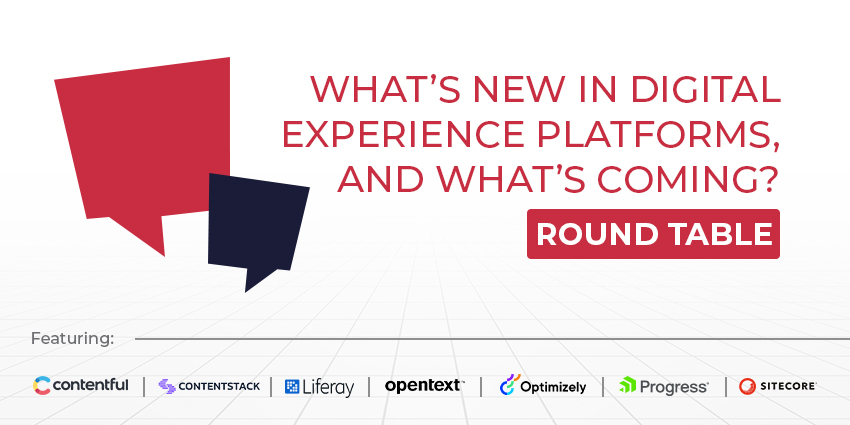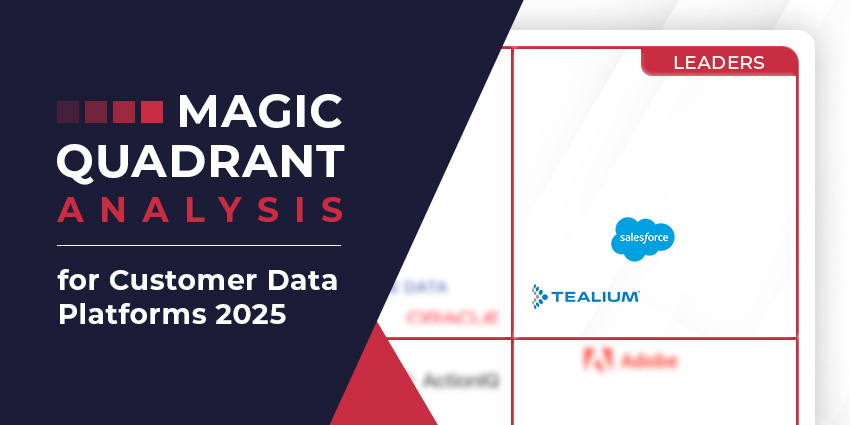The Salesforce-owned data analytics platform Tableau has announced new data and analytics platform capabilities.
Tableau’s offering focuses on visual analytics, leveraging AI, data management and collaboration components. Leveraging AI, Tableau said the new features were intended to allow individuals to improve decision making independent of their skill level.
Citing data from McKinsey, Tableau said 92% of companies were failing to scale their analytics functions. It said its new capabilities were focused on:
- Enabling large-scale data governance via data automatic data preparation and row generation, data quality alerts that prove improved visibility into type and heritage of data, and centralised row level security to help administrators configure who has access.
- Improving how analytics scales with enterprise demand, with Enterprise Deployment Guidelines serving as reference architecture to ensure availability, scalability and security. Dynamic scaling, meanwhile, helps ensure enough containers are available at peak times, while new resource management features allow IT teams to define application resource limits
“Tableau has long been a favourite to help individuals see and understand data,” said Francois Ajenstat, Chief Product Officer, Tableau. “We’re making it easier for IT leaders to make it a favourite across the entire enterprise and deliver an end-to-end solution to leverage the full power of data analytics.”
Back in July, the company announced a suite of new analytics features in its 2021.2 update including the ability to ask business questions in natural language, use machine learning to produce data explanations and analyse data from Salesforce Reports.
“There’s a growing disconnect between business leaders expecting a data-driven organisation, and employees who aren’t comfortable using data to make decisions,” said Francois Ajenstat. “Building truly data-first organisations requires unlocking the power of data for as many people as possible. AI-powered analytics will help more people use data to answer questions, make meaningful decisions and, ultimately, transform their business.”







